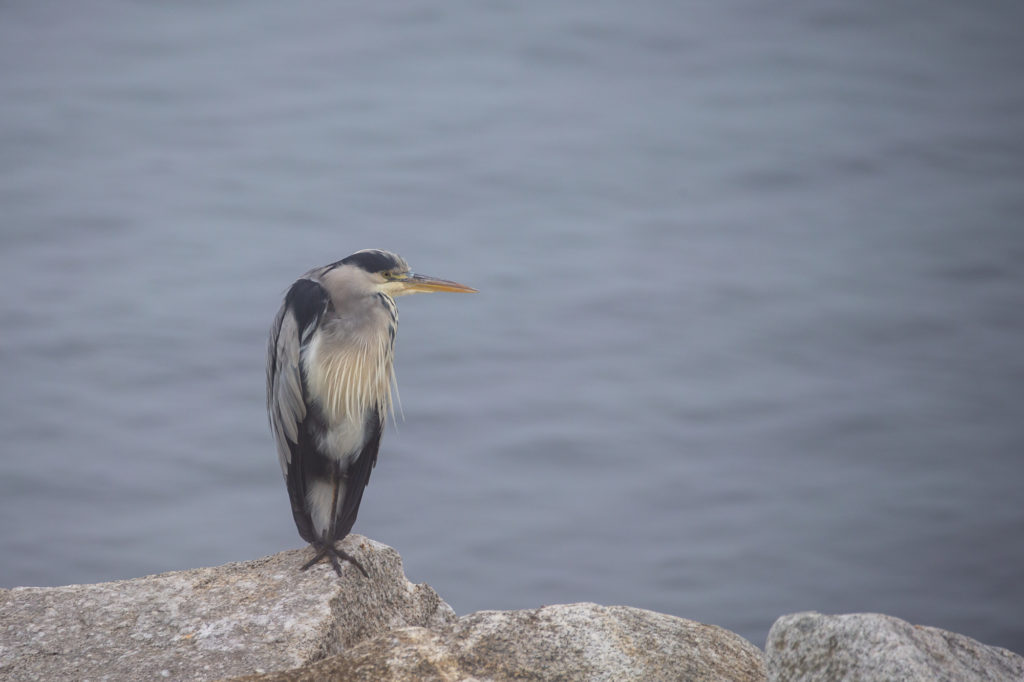If a people has a culture, it also has a present and therefore a history. While the present does not guarantee a future, recording the present helps establish the historicity of a culture. The authority that is conveyed through authentic observation tends to help preserve cultures when those presents are continuously documented. Perhaps the idea of historicity is another concept to add to grievability when we think of human rights.

Historicity is denied to those who were colonised and watched their resources stripped while the idling administrators exported their cultures to the museums of the conquerors. The conquest is eternal, despite the liberation of geography, if the contents of museums are a gauge. Imagine having to travel 10,000 km to enjoy your history. Possession may be nine-tenths of the law but the law was primarily promulgated by conquistadors.
Perhaps the colonisers will decide return the booty they took from their colonies. I enjoyed seeing the Tutankhamun exhibition in the Saatchi Gallery in London last year, my pleasure heightened because it was the last time the Treasures of the Golden Pharaoh would be seen outside of Egypt.
I’m thinking about this today because of an essay by Naomi Klein that disturbed me very deeply. Her 5300 word essay Let Them Drown: The Violence of Othering in a Warming World was published by The London Review of Books in 2016. And having read the essay last evening, I just listened to her delivering the 2016 Edward W. Said London Lecture, from which this essay is adapted.
Klein introduced three new-to-me concepts that surprised me.
Klein says that ‘othering’ ‘is described in Orientalism as ‘disregarding, essentialising, denuding the humanity of another culture, people or geographical region’. It means that ‘the other doesn’t have the same rights, the same humanity, as those making the distinction’. Now I know that Edward Said proposed the idea in Orientalism in the 1970’s and suddenly othering seems self-evident to me. It’s the concept I needed as the framework within which I can express my concerns for globalised thinking. I should be avoiding othering.
I had completely missed the implication that carbon offsets are also a form of green colonialism. ‘Indigenous people from Brazil to Uganda are finding that some of the most aggressive land grabbing is being done by conservation organisations. A forest is suddenly rebranded a carbon offset and is put off-limits to its traditional inhabitants.’ That’s a double whammy for the indigenous peoples caught between the machetes of deforestation and the paperwork of carbon traders.
And thirdly, I hadn’t heard of the concept of the aridity line. Israeli architect Eyal Weizman proposed it in The Conflict Shoreline. His aridity line concept is a fluctuating meteorological boundary that demarcates places where crops can grow without irrigation. Once he had the line mapped, Weizman then discovered that the targets of Western drone strikes are directly on or close to the aridity line. There is a strong correlation between drought and conflict.
Klein has a brilliant habit of showing us things that are just beyond our perception.
This essay was about climate change, now being called climate justice. I can’t agree with everything she writes in this essay but I do agree with what I interpret to be the primary sentiment. I particularly like when she says that we need integrated solutions to achieve it.
‘Climate change acts as an accelerant to many of our social ills – inequality, wars, racism – but it can also be an accelerant for the opposite, for the forces working for economic and social justice and against militarism.’
If you agree that we need to accelerate climate, economic and social justices, then I strongly recommend you read or listen to this essay.

Thanks for your post – I will read her essay. Economic and social justice? It would be nice to have some of that!